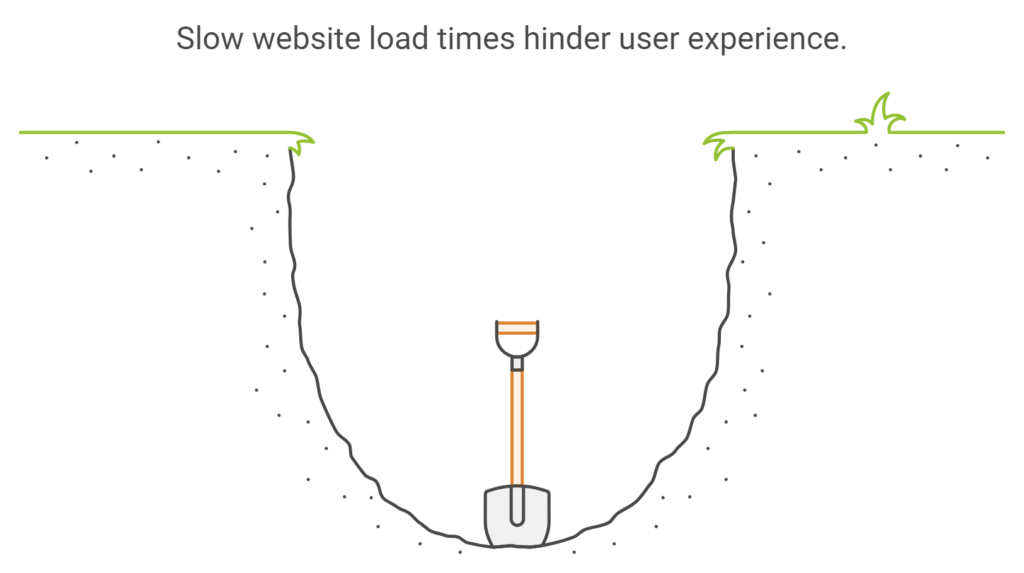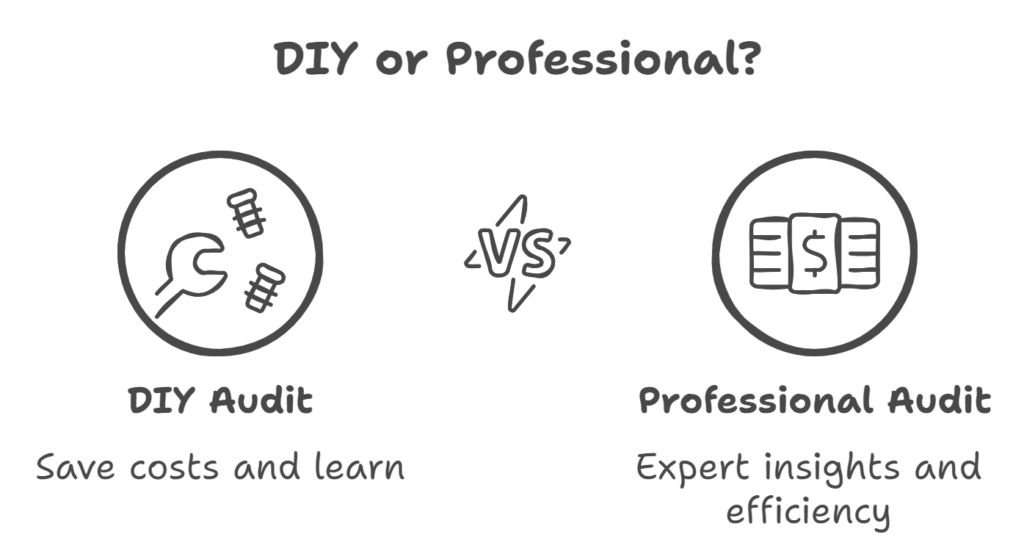
Want to see your small business website climb the search rankings without complicated tactics? On-page SEO might be the game-changer you need. It’s all about making tweaks directly on your website to help search engines understand your content better, leading to more visibility and faster results. Whether you’re just starting out or looking to improve your existing site, these strategies are simple, effective, and tailored for small businesses.
1. Optimize Meta Tags for Better Click-Through Rates
Meta tags are the hidden gems of on-page SEO. These snippets of text—especially your meta title and meta description—appear on search engine results pages (SERPs) and directly influence whether people click through to your website.

How to optimize your meta tags:
- Meta Title: Keep it around 60 characters, and include your primary keyword. It should clearly describe the page content and encourage users to click.
- Meta Description: This should be around 150-160 characters. Use it to summarize your page while incorporating relevant keywords. Make it compelling enough to drive curiosity.
2. Internal Linking: Boost Page Authority & User Experience
Internal linking is often overlooked but can significantly impact your site’s SEO performance. Linking to other pages on your website helps search engines understand the structure of your site and improves page authority.
Effective internal linking tips:
- Link related articles and pages naturally within your content.
- Use descriptive anchor text (the clickable text) that includes relevant keywords.
- Ensure your most important pages get more internal links to spread authority evenly.
3. Keyword Placement: Strategic Use for Maximum Impact
Gone are the days when you could stuff a page with keywords and expect good results. Today, it’s about placing keywords naturally where they make sense.
Where to place your keywords:
- Headlines (H1, H2, H3 tags): These are prime locations for search engines to detect the main topics of your content.
- First 100 words: Mention your target keyword early in your content to signal relevance.
- Throughout the body: Sprinkle keywords naturally throughout, ensuring they don’t disrupt the flow of your writing.
4. Improve Content Relevance: Create Value for Your Audience
Your content should solve problems or answer questions your audience has. Google rewards sites that are relevant, detailed, and valuable to users.
How to improve content relevance:
- Focus on topics that resonate with your audience and address their pain points.
- Use long-tail keywords to target specific searches.
- Write for humans first—your content should be easy to read, engaging, and informative.
5. Optimize Images & Page Speed: A Faster Site Equals Better Rankings
Images can add depth to your content, but if they aren’t optimized, they can slow down your site, which negatively impacts your SEO.

How to optimize images:
- Compress image sizes without sacrificing quality to reduce load times.
- Use descriptive alt text for each image to help search engines understand their context and improve accessibility.
- Improve page speed by using tools like Google PageSpeed Insights to identify any elements slowing down your site.
On-Page SEO Checklist
To recap, here’s a quick checklist to ensure your on-page SEO is on point:
- Meta tags: Optimized title and description with keywords.
- Internal links: Strategically placed to guide users and spread authority.
- Keywords: Naturally placed in headings, first 100 words, and throughout the content.
- Content relevance: Answers audience questions and provides value.
- Images & page speed: Compressed images with proper alt text, and faster loading times.
Conclusion
By implementing these on-page SEO strategies, small businesses can see noticeable improvements in their search rankings and online visibility. Optimizing your website for on-page SEO is not just about improving rankings; it’s about enhancing the user experience and ensuring that visitors find valuable, relevant content. This holistic approach will not only help attract new customers but also encourage repeat visits and referrals.

Get a free On-Page SEO audit for your website! Start optimizing today and see the difference it can make. Whether you choose to do it yourself or work with a professional, remember that effective on-page SEO is a critical component of your overall digital marketing strategy. Don’t let your website go unnoticed! Contact us today!
